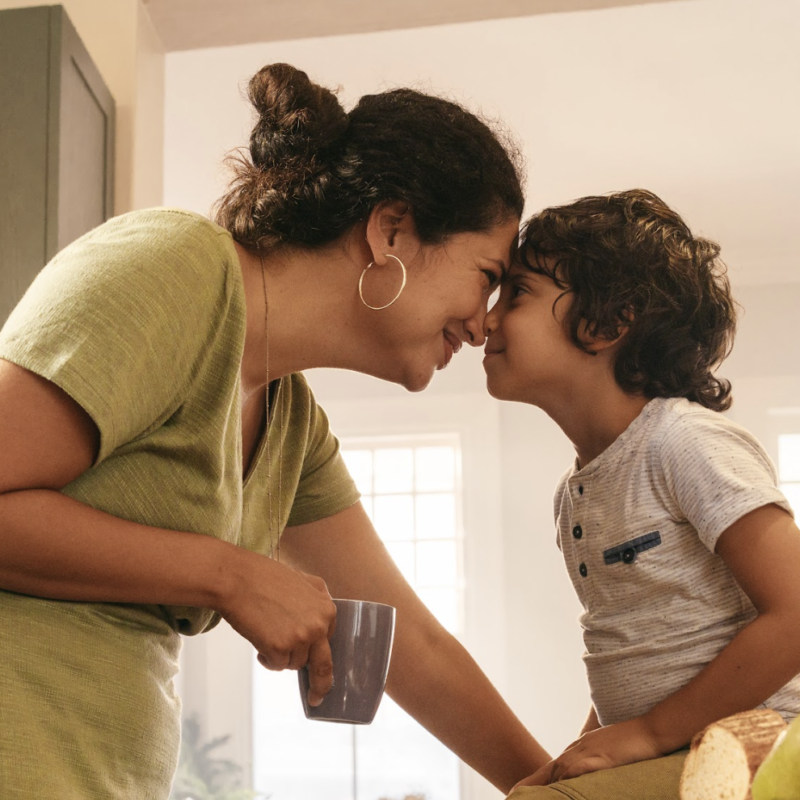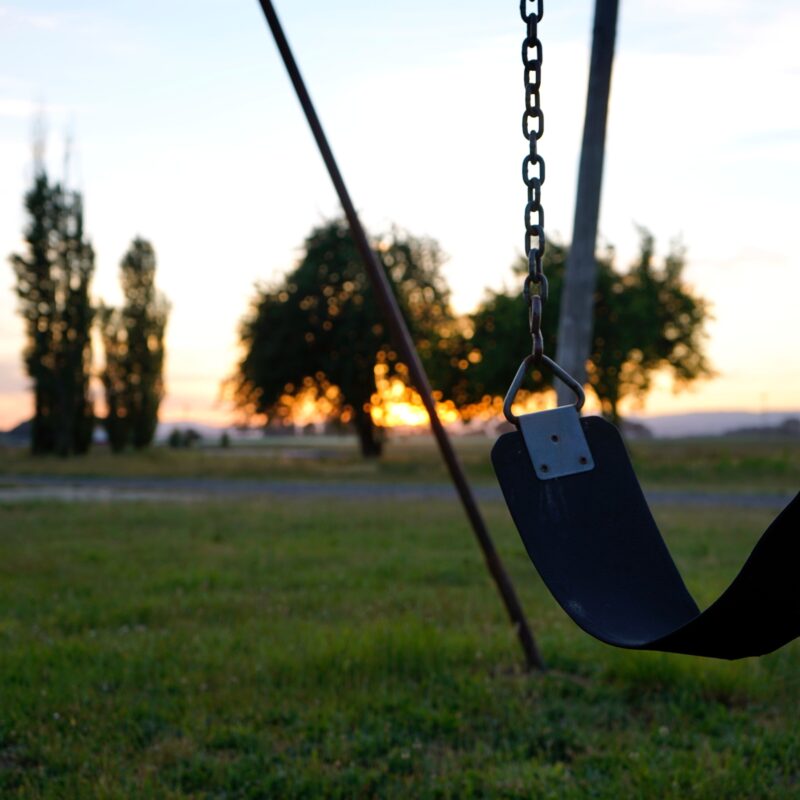The seasons roll around, and the changing of the light brings back the sensory memory (and “anniversary reactions”) of the annual return to school and the “high holidays.” The New Year and Day of Atonement are the pinnacles of the Jewish year, and for me, for a number of reasons – a similar pinnacle of neglect invisibility. Our dad was the cantor, the musical counterpart to the rabbi of our congregation. Given that these holidays were the “big ones,” when as Dad would say, the “once-a-year-crowd” all came to services, he was more nervous and excited than ever as he geared up for the predictably full house.
The invisibility irony was that, on the one hand, we were on glaring display as the “cantor’s perfect family,” so we had to look extra good. And at the same time, he seemed to act more than ever, like he did not even know us. Even Mom seemed to evaporate. It baffled me, and admittedly it hurt. And as I got older, the additional irony was no longer lost on me; these were holidays of self-reflection and even relationship healing.
I am not sure how much this history played into what has become, for me personally, a deeply important category of relationship and personal work, self-reflection, and relational healing. I have similarly been puzzled by the rich abundance of literature, including in the pop and self-help psychology lore, about “forgiveness,” but the curious absence of its counterpart, authentic, empathic, and heartfelt apology. Probably, the keyword is empathic, and why does an apology matter? What makes an apology “effective?” Even transformative? These are hugely important questions to me.
A Major factor in what makes abuse, neglect, and aggressions, micro and macro, so unbearable, and even more insulting, is the abandon, the wantonness, the “hit and run” quality. Not only did you hurt me, but you don’t even care that you hurt me! I remember years after the fact – I had a flash of memory that I had not had before. In the traumatic bicycle accident that had landed me in intensive care with a brain bleed in 2005, there had, in fact, been a car involved. A car that never stopped.
That seemed to outrage me perhaps even more than the actual injury. That was how little I mattered. There I was, alone on the side of the road, a skinny girl with a mangled bike… and the car sped on past. So much trauma and neglect are shrouded in that kind of obliviousness, disregard, and lack of accountability. For many survivors, an authentic apology, for someone to really see and own what they did to the me, is a longed-for missing experience. For many of us, it has rarely, if ever, been received.
In the U.S., it seems, and I don’t know if this is the case as much in other places, an apology is somehow associated with defeat, almost as if my expression of remorse would somehow mean you won and I “lost,” in some strange calculous. The humility required to own a mistake or the acknowledgment that I did, in fact, make a mistake requires generosity, a maturity of spirit, and a wider view. Many prefer to deny “culpability,” either in that they don’t believe they did anything ”wrong…” or “it wouldn’t bother me if you did that to me…” The ability and willingness to see through the eyes of the other, the empathic stance, is simply beyond them. This is why I am so impassioned to teach.
The child of neglect, all survivors of trauma really, are so steeped in the morass of “I don’t matter,” that having another not only see but care that there was an injury, an injury from my point of view, can be a game-changer. And, to want to make it right? Even more unimaginable. I don’t believe I ever heard an apology of any kind from either of my parents. I used to joke that my mother never made a single mistake in her whole life. It wasn’t really a joke, however. She used to say in no uncertain terms, “I’m the mother!” That was apparently explanation enough. Besides the “righting” of interpersonal wrongs, or any wrongs really, is the profoundly significant re-uniting or reconnecting from a relationship breach.
For an infant or child, there will inevitably be upsets and disconnects. Parents are sleep deprived, overworked, busy, or simply fallible. They will lose patience at times, or be late, or sick or irritable, or god forbid, thoughtless. Babies and children will be, well, babies and children: bundles of endless needs. They will cry, fuss, get tired, break things, fall, spill things, get lost, or simply be bratty. Parents and children will get annoyed with each other or disconnected.
What if there is no return from a disconnect? What if losing the connection is a life sentence of loss? Or a protracted flail, a thrashing at sea, a desperate grab to find the way back? To find the way “home?” Perfection, a perfect record, free of error or misstep, becomes an imperative of survival. Of course, anxiety, overdrive, and terror become the tenor of a relationship. One can never rest, relax, or trust.
For this additional reason, cohesive, mutual, authentically restorative apology makes relationships safer. I can make a mistake, I can do unwitting or even careless harm, and we can come back together and be even better for it. We learn humility, fallibility, resilience, and that “perfection” is a defeating, unattainable, tyrannical (and grandiose!) aspiration.



